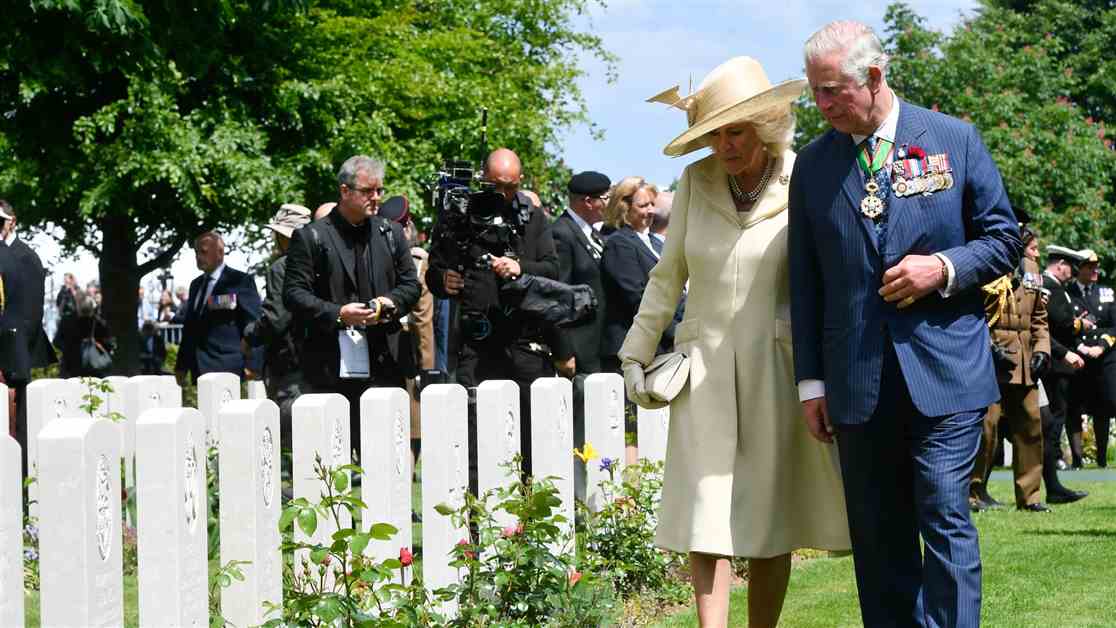80th Anniversary of D-Day: How the Royal Family Won the Sympathy of the British during the War
As the world commemorates the 80th anniversary of the Allied invasion of Normandy, King Charles III, accompanied by Camilla, is set to participate in the ceremonies honoring the historic D-Day on June 6, 2024. This marks King Charles’ first attendance as a monarch, along with his son, Prince William, who will also be present at the Canadian D-Day commemorations at Juno Beach Centre in Courseulles-sur-Mer.
The royal family’s connection to the wartime era dates back to King George VI, who alongside his wife, Elizabeth, the future “Queen Mum,” chose to remain in London during the Blitz, displaying solidarity with their subjects as Buckingham Palace was bombed. Their resilience and empathy towards the British people helped boost morale during a challenging time.
Throughout the war, King George VI stayed informed through confidential red boxes and corresponded with Prime Minister Winston Churchill on strategic decisions. Despite initial plans to witness the D-Day landings, both the King and Churchill reconsidered for security reasons, with the King eventually visiting France after the invasion.
Even Princess Elizabeth, now Queen Elizabeth II, played a role by training as a driver and mechanic at 18, showcasing her commitment to the war effort. Her participation in the victory celebrations following Germany’s surrender in 1945 further solidified the royal family’s connection with the public.
The legacy of the royal family’s actions during World War II continues to resonate, highlighting their unwavering support and unity with the British people in times of adversity.
Keywords: D-Day, Royal Family, British Monarchy, World War II, King George VI, Queen Elizabeth II
Conclusion:
Amidst the 80th anniversary commemorations of D-Day, the stories of King Charles III, Queen Camilla, Prince William, and the historical actions of their predecessors during World War II serve as a reminder of the enduring bond between the royal family and the British public. Their acts of courage, empathy, and solidarity continue to inspire generations, cementing their place in history as symbols of strength and unity.





















